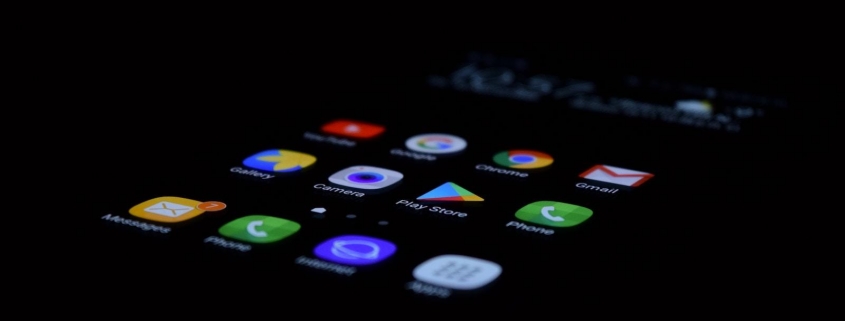Israel has accused Hamas – a Palestinian Islamist group – of using a World Cup live scores and fixtures app and two fake dating apps to hack soldier’s smartphones and spying on them. Who can be safe from cyber-security?
The Israel Defence Forces (IDF) stated that hundreds of men and women in the army were contacted to use fake World Cup and dating apps. The World Cup app was advertised to soldiers through Facebook. Meanwhile fake social media accounts encouraged the download of the dating apps.
The case gets more concerning: the three Android apps were created to infiltrate the soldiers’ phones and place data-stealing malware and turn on cameras and microphones.
In addition, the Guardian also reported that the app was designed to provide the location of the device in addition to the smartphone’s contact list.
The Google Play store has removed these apps, but is this enough?
Most soldiers reported the app to their commanders. The IDF claim the software did not cause any “security damage at all”. However, some soldiers did download the apps. Yet this was said to be “less than 100”.
There are no details about why the IDF believe Hamas to be responsible. In all likelihood the IDF will have been using similar spying tactics against their own foes.
Awareness programme
As an extra precaution, the IDF have started to send fake messages to soldiers with questionable links. If a soldier clicks the link, a briefing is arranged about online security.
Should we be doing more at home?
47% of US adults have had their personal information exposed by hackers. Shopping, banking, social networking are increasingly moved online. Even in-store, transactions use the internet.
After a bit of research, I found loads of guidance websites about cyber-security . . . but why is this number still so high? The quick answer is that hackers are becoming more sophisticated. Gone are the days of a Nigerian Prince needing financial help.
The prevalence of smartphone hacking was demonstrated clearly recentlyby UK defence secretary Gavin Williamson. Siri on Williamson’s iPhone interrupted his speech bringing MPs up-to-date on the fight on the Islamic State. Even his phone is not properly secured.
This has encouraged huge concerns about why Williamson – considering his position – had not taken precautions against having a live microphone on his phone. This is especially concerning when you consider a hacker’s ability to hijack devices for spying. GCHQ’s ‘Nosey Smurf’ programme serves as a reminder of this.
In my opinion, more should be done in workplace and education to inform individuals about cyber-security at least, perhaps not the issues of spying. Whether this is through policies such as the IDF’s I am not sure.
Please leave a comment below adding your thoughts on how to tackle cyber-security or your opinion on the recent spying app scandal. I would love to hear your thoughts.





Leave a Reply
Want to join the discussion?Feel free to contribute!